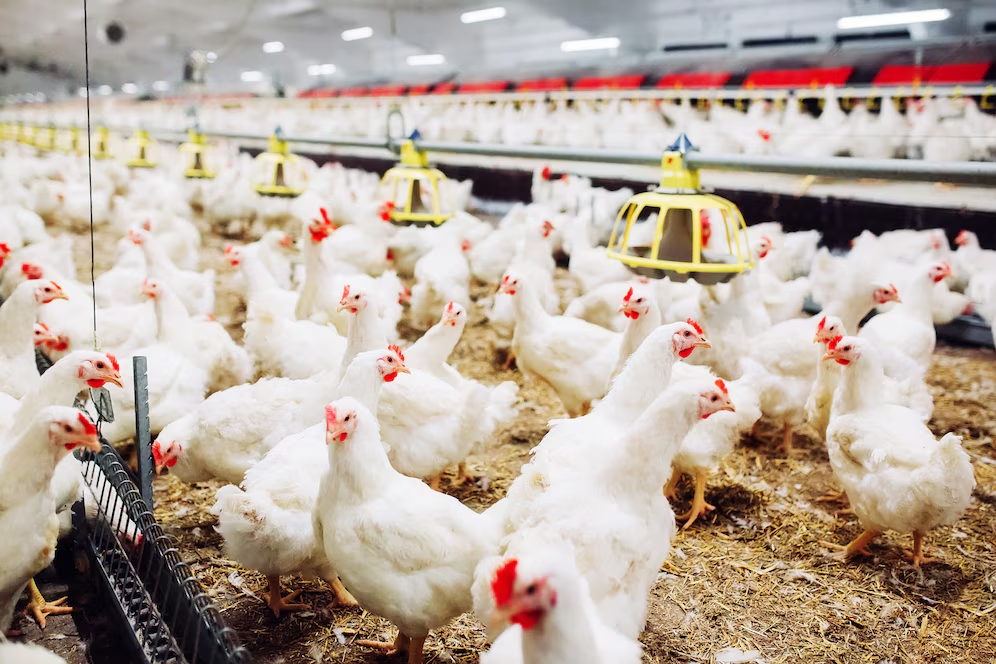Poultry farming is one of the most accessible and profitable agribusiness ventures in Botswana. With rising demand for chicken meat and eggs in both urban and rural areas, more entrepreneurs are exploring poultry as a sustainable income source. Fortunately, the Botswana government has made it easier for small businesses to enter this space through targeted Small, Medium and Micro Enterprises (SMME) support schemes.
If you’re wondering how to start a poultry farm in Botswana and take advantage of these schemes, here’s a step-by-step guide to help you launch and grow a successful business.
1. Understand the poultry farming opportunity
Botswana’s poultry industry benefits from high consumption rates, a growing population, and government policies that promote local production over imports. Chicken is the most consumed meat in the country, and the market still has room for more local producers, especially in underserved areas.
You can choose to focus on:
- Broilers – for meat production (4–6 week cycle)
- Layers – for egg production (up to 18 months of laying)
- Breeding – for supplying chicks to other farmers
- Mixed model – combining meat and egg production
Poultry farming requires relatively low land use, quick returns, and offers the potential to scale with demand.
2. Register your business and choose a location
To qualify for government funding and support, your business must be formally registered. Start by:
- Registering your company with the Companies and Intellectual Property Authority (CIPA)
- Getting a Tax Identification Number (TIN) from the Botswana Unified Revenue Service (BURS)
- Applying for a Trade or Agricultural Licence with your local council
Choose a suitable site that complies with local health and safety regulations. For small-scale farmers, starting on a family plot or leased land near a water source is ideal.
3. Apply for SMME funding and support schemes
Botswana has several support programs that promote youth and citizen entrepreneurship, especially in agriculture. For poultry farming, you can explore:
- Youth Development Fund (YDF) – offers grants and loans to citizens aged 18–35. Poultry is a popular sector for funding.
- Citizen Entrepreneurial Development Agency (CEDA) – provides soft loans with low interest, technical support, and mentorship.
- Local Enterprise Authority (LEA) – offers training, business planning assistance, and incubation for poultry startups.
- NAPAD (National Agricultural Productivity and Agribusiness Development) – assists farmers with input support and training.
When applying for funding, your business plan must be clear and detailed. It should include production targets, a marketing strategy, cost breakdown, expected income, and risk management strategies.
4. Set up infrastructure and equipment
Once funding is secured, invest in the necessary infrastructure for your poultry farm. This includes:
- Poultry housing – well-ventilated, predator-proof, and easy to clean
- Feeders and drinkers – sized appropriately for the number of birds
- Lighting and heating – especially important for chicks in the early stages
- Biosecurity measures – footbaths, fencing, and restricted access to prevent disease
Depending on your budget, you can start with 100–500 birds and gradually scale. Many successful poultry businesses in Botswana started small and expanded with consistent reinvestment.
5. Source chicks, feed, and veterinary support
Choose reputable hatcheries or breeders for your chicks. LEA and CEDA can help identify trusted suppliers. Broilers are usually harvested within 6 weeks, while layers begin producing eggs at around 20 weeks.
Ensure your birds receive:
- Balanced feed – starter, grower, and finisher rations
- Clean water – available at all times
- Vaccinations and health checks – to prevent outbreaks like Newcastle disease
Working with a local veterinary officer or extension officer from the Ministry of Agriculture will improve your flock’s survival rate and productivity.
6. Market your poultry products
Botswana’s market for chicken meat and eggs is strong. You can sell to:
- Local households
- Restaurants and hotels
- Schools and catering companies
- Open markets and butcheries
- Direct-to-consumer (via social media and WhatsApp)
Build relationships with customers and deliver consistently clean, fresh products. Branding your poultry as “locally raised” or “organic” can help you stand out, especially in urban areas like Gaborone and Francistown.
7. Keep records and grow your business
Tracking your costs, sales, and flock performance helps you identify what’s working and where you can improve. Many SMME schemes require quarterly or annual reports, especially if you’ve received funding.
As your business grows, consider:
- Expanding to a second location
- Selling value-added products like chicken sausages or packaged eggs
- Training other young people and becoming a mentor or input supplier
Starting a poultry farm in Botswana is a practical and rewarding venture—especially when combined with government support through SMME schemes. With a clear plan, proper training, and commitment to good farming practices, you can build a profitable poultry business that contributes to food security, job creation, and rural development.










